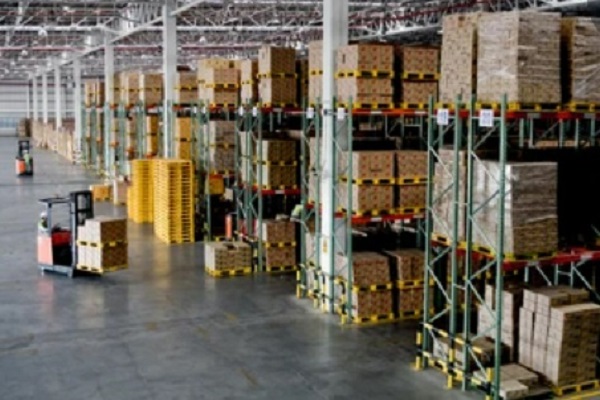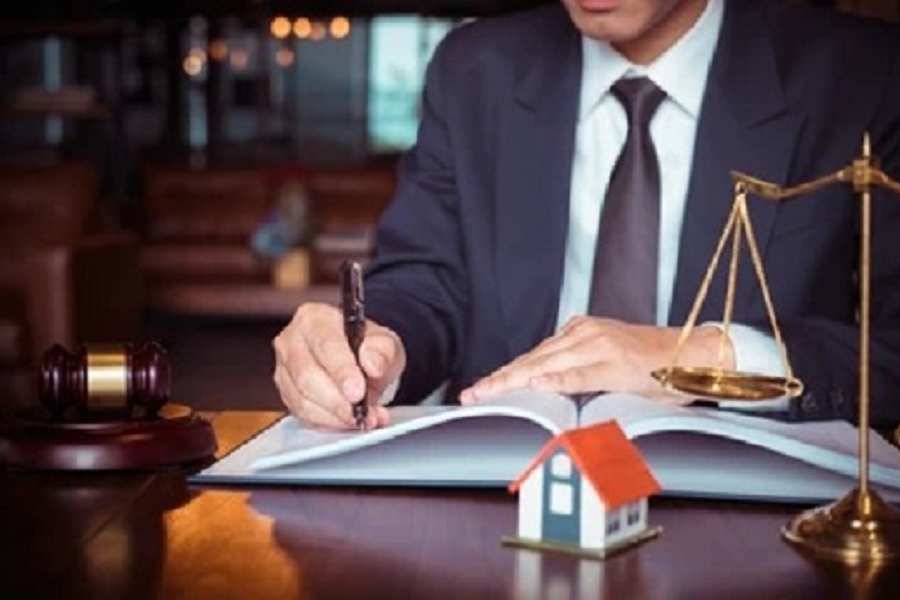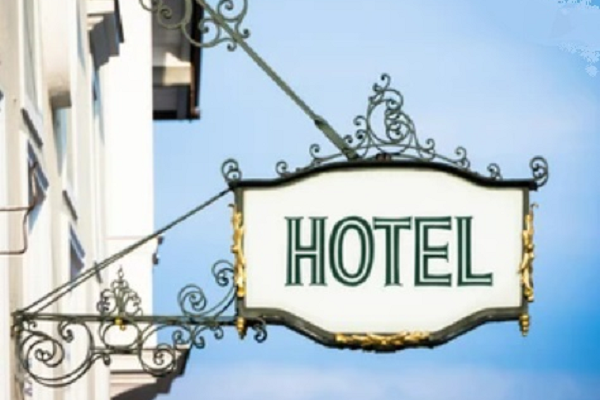Logitics and transportation
Investing in the logistics and transportation sector can be a strategic decision for investors looking to develop their business. However, these areas are subject to strict legal rules to ensure safety and respect for the environment.


Authorizations and Certifications
The logistics and transportation sector is subject to many authorizations and certifications. Before starting, it is essential to ensure that you have all the necessary authorizations to carry out your activity. This may include specific driving licenses or customs authorizations.
Safety and Environmental Compliance
Safety and environmental compliance are major issues in the logistics and transportation sector. Investors must comply with all regulations regarding road safety, air safety, and maritime safety.
Similarly, they must comply with rules on the transport of dangerous goods and waste management. Investors must also comply with rules regarding the protection of the environment. This may include rules regarding greenhouse gas emissions, waste management, or biodiversity conservation.
Contracts and Responsibilities
Investors must ensure they have clear contracts with their customers and service providers. These contracts must specify the terms of the service, delivery times, rates, and payment conditions. Investors must also be aware of their legal responsibilities regarding the transport of goods, particularly in case of loss or damage.
Sanctions for Non-compliance with Legal Rules
Non-compliance with legal rules can lead to administrative and criminal sanctions. The penalties can be severe and may include fines or imprisonment.
Regulations Applicable to Transport and Logistics
In France, the regulations on transport and logistics are complex and vary depending on the mode of transport and the products transported. Here is an overview of the main regulations in force:
- Transport Code: it regulates all transport activities in France, whether it is the transport of goods or people. It defines the rules regarding safety, organization, control, and sanction.
- Road Code: it regulates road traffic and the rules to be followed for road safety. It defines the rules regarding driving, parking, signaling, and technical control of vehicles.
- Environmental Code: it defines the rules regarding environmental protection, particularly regarding greenhouse gas emissions and waste management.
- Labor Code: it regulates the working conditions of employees in the logistics and transportation sector, particularly regarding working hours, rest, and safety.
- Commercial Code: it regulates commercial contracts between companies in the logistics and transportation sector, as well as the rules applicable to invoicing and debt collection.
- Customs Code: it defines the rules regarding the import and export of goods, as well as the customs formalities to be followed.
- Consumer Code: it defines the rules regarding the responsibility of carriers in case of loss, theft, or damage of transported goods.
It is essential for actors in the logistics and transportation sector to scrupulously comply with these regulations to ensure safety and respect for the environment, as well as to avoid administrative and criminal sanctions.
Investing in the logistics and transportation sector can be an opportunity for business development. However, these areas are subject to strict legal rules. It is essential to comply scrupulously with the legal rules in force to avoid administrative and criminal sanctions. Being accompanied by a specialized lawyer can help better understand the legislation in force and comply with legal rules.
About the Author :
Business lawyers, bilingual, specialized in acquisition law; Benoit Lafourcade is co-founder of Delcade lawyers & solicitors and founder of FRELA; registered as agents in personal and professional real estate transactions. Member of AAMTI (main association of French lawyers and agents).
FRELA : French Real Estate Lawyer Agency, specializing in acquisition law to secure real estate and business transactions in France.
Paris, 19 Rue du Colisee, 75008 Paris
Bordeaux, 78 Cours de Verdun, 33000 Bordeaux
Lille, 40 Theater Square, 59800 Lille

This article is provided for general information only and may not reflect the most recent legal or tax developments. It does not constitute legal advice. Please contact us for personalised guidance before making any decision.



